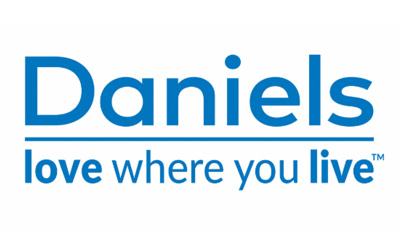There is agreement within all sectors of civil society that immediate steps are required to ensure our cities remain livable. In fact, a consensus has emerged that the elements of a resilient city include affordable housing in addition to parks, sewers, roads and public transit.
There is no consensus, however, on who is responsible for the cost of realizing the promise of a “resilient city”. Without a co-ordinated effort based on shared responsibility, we are talking past each other, reciting the platitudes of city-building rather than taking concrete action.
For example, we all agree that transit AND affordable housing are building blocks of resiliency. The provincial government is investing billions of dollars in transit, and that deserves a serious hallelujah. The federal government has enshrined affordable housing as a fundamental human right, dedicating billions of dollars to underwrite a national housing strategy.
Unfortunately, our two senior levels of government aren’t talking to each other. For example, the Provincial government is selling surplus land to the highest bidder without any requirement for affordable housing, citing their priority as transit and not housing. Perhaps a discussion between the two levels of government could demonstrate an ability to chew gum and ride a bicycle at the same time.
Without a co-ordinated approach, opportunities to create mixed use, mixed income communities are lost. This is especially unfortunate when lands designated for “transit oriented communities” are sold without regard for the bigger ‘resiliency’ picture. These opportunities can never be reclaimed.
It is also unfortunate that municipalities are shrugging their shoulders as if they have no skin to put in the game. A waiver of property taxes and Development Charges to create affordable housing on public lands should be a no-brainer.
Imagine the magic if all three levels of government came together…provincial land, municipal property taxes and development charges, and a contribution from the Federal government’s affordable housing piggy bank.
In addition to surplus land, the City of Toronto and municipalities across the GTA have stockpiled mountains of cash that could make a significant impact. In fact, a recent study by Altus Group identified 16 GTA municipalities sitting on $5 billion in reserves from development charges, cash in lieu of parks dedication and Section 37 levies, all of which is allocated to fund infrastructure.
Transitional and supportive housing to address homelessness is infrastructure. Deeply affordable homes for individuals and families on social assistance is infrastructure. Affordable homes that allow people to walk to work is infrastructure, as are ‘house scale’ buildings in established neighbourhoods that address the ‘missing middle’.
Let’s invest a significant portion of those ‘reserve’ funds on affordable housing today, and demand that all levels of government co-ordinate their efforts, and harness all of their assets in the most cost effective manner.
The path forward also leverages the expertise of both the private and non-profit sectors. Successful public/private partnership demonstrations are ready to be scaled, models that allow each partner to do what they do best.
The ‘Partnership for Affordable Living’ pioneered in Regent Park is one such model. The private sector takes 100% of the risk, integrating affordable homes within new rental communities in partnership with government and the non-profit sector.
The key lies in the word ‘partnership’. Affordable housing is THE fundamental infrastructure of a resilient city. As such, it is a shared responsibility, and cannot simply be downloaded to the private sector through Inclusionary Zoning. Addressing the crisis of affordability requires a ‘whole of community’ approach, with all sectors bringing resources to the table, working together to create a city that is truly inclusive.
Mitchell Cohen is President and CEO of The Daniels Corporation, developer of TIFF Bell Lightbox and the ‘City of the Arts’ on Toronto’s Eastern Waterfront. Daniels has also acted as Toronto Community Housing’s partner on the Regent Park Revitalization since 2006.
